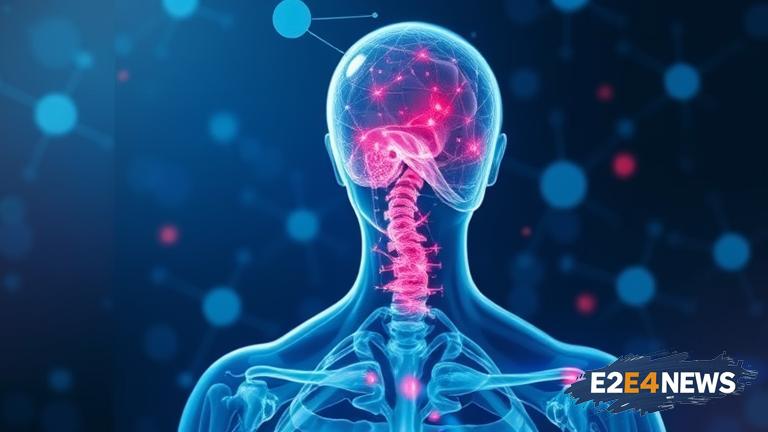The way cancer is diagnosed and treated is undergoing a significant transformation, thanks to advances in medical technology and research. Traditional methods of diagnosis, such as biopsies and imaging tests, are being supplemented by new techniques like liquid biopsies and artificial intelligence-powered analysis. These innovations are enabling doctors to detect cancer at an earlier stage, when it is more treatable, and to develop personalized treatment plans tailored to individual patients’ needs. One of the most promising areas of research is in the field of liquid biopsies, which involve analyzing blood or other bodily fluids for signs of cancer. This approach has the potential to reduce the need for invasive and often painful biopsies, and to enable doctors to monitor patients’ responses to treatment more effectively. Another area of excitement is the use of artificial intelligence (AI) in cancer diagnosis and treatment. AI algorithms can analyze vast amounts of medical data, including images and genetic profiles, to identify patterns and make predictions about patient outcomes. This can help doctors to identify the most effective treatment options and to anticipate potential side effects. Furthermore, AI-powered chatbots and virtual assistants are being used to support patients and their families, providing them with personalized advice and guidance throughout the treatment process. In addition to these technological advances, there have been significant breakthroughs in our understanding of the biology of cancer. Researchers have made important discoveries about the genetic and molecular mechanisms that drive cancer growth and progression, and this knowledge is being used to develop new and more effective treatments. For example, immunotherapy, which harnesses the power of the immune system to fight cancer, has emerged as a highly promising approach. Other innovative treatments, such as targeted therapies and gene editing, are also showing great promise. As these advances continue to evolve, it is likely that we will see significant improvements in cancer outcomes, with more patients experiencing complete remissions and living longer, healthier lives. The impact of these changes will be felt not only in the medical community but also in the broader society, as cancer becomes a more manageable and less feared disease. However, there are also challenges to be addressed, including ensuring that these new technologies and treatments are accessible and affordable for all patients, regardless of their background or socioeconomic status. Ultimately, the future of cancer diagnosis and treatment looks bright, with the potential for significant advances in the years to come.
